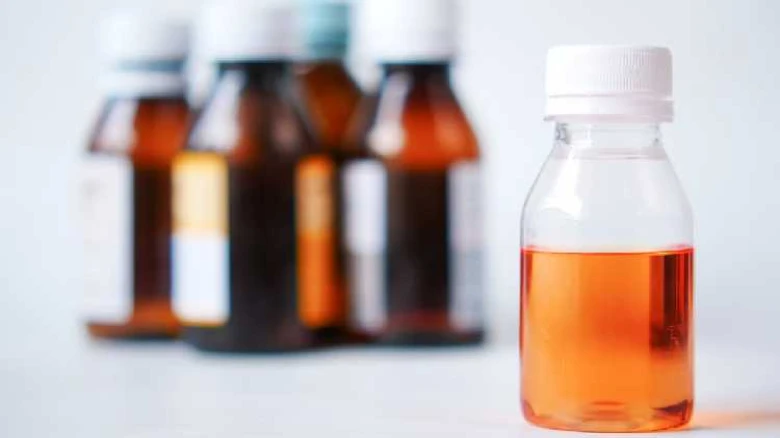Regional

According to the ministry, the children consumed this syrup at home for 2-7 days before being hospitalized.
Digital Desk: Uzbekistan claims that at least 18 children in the country died after consuming cough medication made in India.
India intends to investigate the claims.
In a statement, the Uzbek health ministry stated that the youngsters who died had eaten cough medication Doc-1 Max, which is manufactured by Noida-based Marion Biotech.
According to the ministry, laboratory examinations on a batch of syrups revealed the presence of ethylene glycol, a hazardous chemical.
It further stated that the syrup was given to children without a doctor's prescription at home, either by their parents or on the advice of pharmacists, at dosages that surpassed the normal dose for children.
According to the ministry, the children consumed this syrup at home for 2-7 days before being hospitalized, at dosages of 2.5 to 5 ml three to four times a day, which exceeded the standard dose.
The syrup was utilised as an anti-cold medicine by the parents.
Doc-1 Max tablets and syrups have been withdrawn from all pharmacies in the country following the deaths of 18 children, according to the statement, which also stated that seven staff were fired for failing to analyse the situation and take appropriate action in a timely manner.
It has been learned that a combined investigation would be conducted by teams from the Central Drugs Standard Control Organisation (CDSCO - north zone) and the Uttar Pradesh Drugs Controlling and Licensing Authority.
Uzbekistan has also been asked to provide a casualty assessment report.
This is the second time in a year that cough syrups made in India have been examined.
Cough syrups manufactured by Haryana-based Maiden Pharmaceuticals were linked to the deaths of 70 children in Gambia earlier this year.
The Central Drugs Standard Control Organization closed its Sonepat facility in October for violating production regulations.
The WHO previously stated that laboratory tests of Maiden cough syrup revealed "unacceptable" levels of diethylene glycol and ethylene glycol, both of which are poisonous and can cause severe kidney impairment.
Leave A Comment